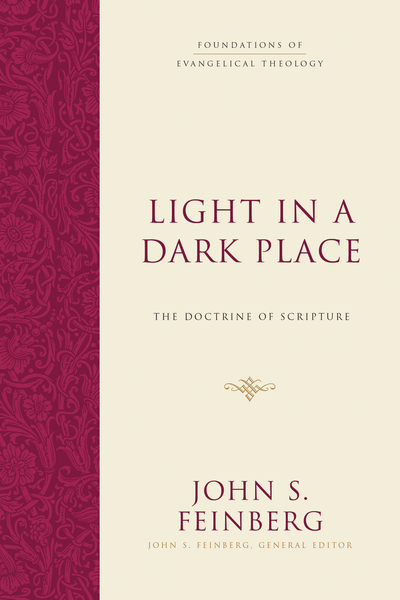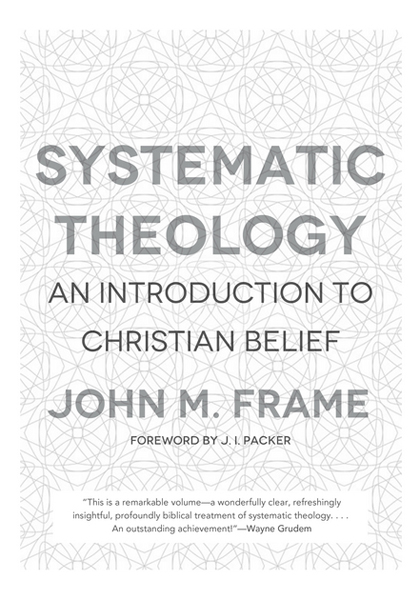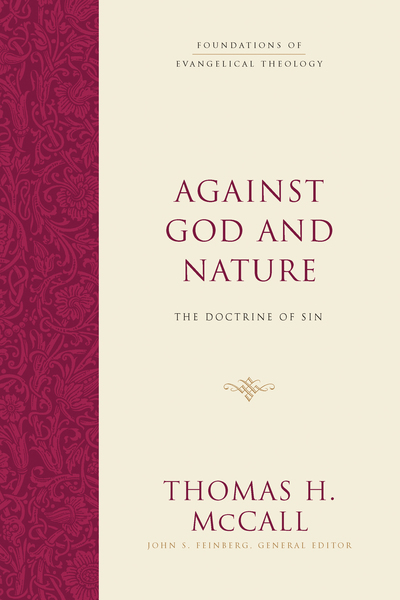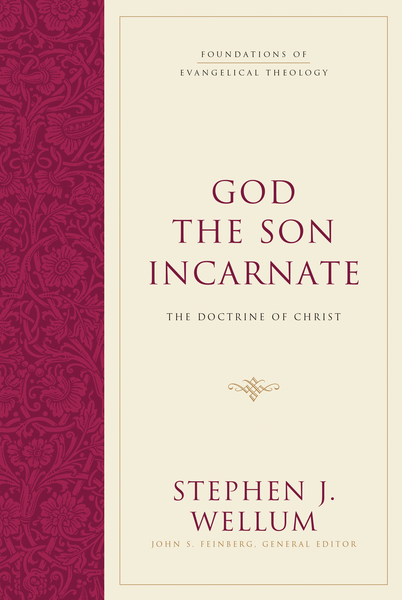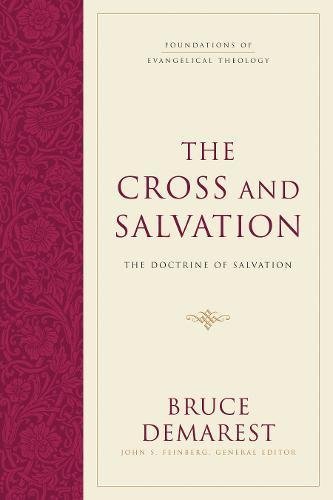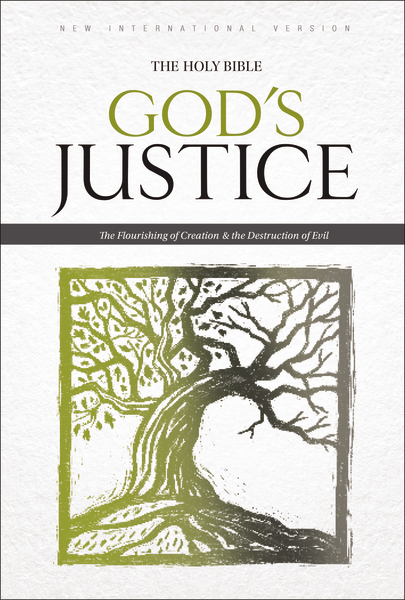


Foundations of Evangelical Theology: To Know and Love God - FET

Foundations of Evangelical Theology: To Know and Love God - FET
It is the job of all believers, not just theologians, to serve God by discerning what is true about the crucial issues of life. Our task is to learn more about God. Our privilege is to love God passionately with our minds. Clearly then, spiritual life must have theology as one of its ingredients, but this, by itself, will not guarantee a vibrant spiritual life. Rather, evangelicals must link a theological experience and an experiential theology. Knowing and loving God are both necessary.
David Clark explains how evangelical systematic theology is structured and how this discipline assists believers in understanding God more fully and worshipping him more completely. To do so, he uses strategies of analytical philosophy to reveal the nature, purposes, methods, and limits of evangelical systematic theology. He attempts to speak both to and for evangelicals, with the goal of showing how a reasonable, articulate, and credible evangelical theology can proceed.
Other questions are raised while trying to define evangelical systematic theology: Is systematic theology a legitimate intellectual enterprise? How does theology build upon the teachings of the Bible? How can evangelical theologians in different cultures assist each other? How does theology contribute to transforming society? What does the existence of other religions mean for evangelical theology? How does systematic theology relate to other intellectual disciplines? How does it connect with the life of the church? What are the purposes and the final goal of systematic theology? The answers to these questions are not ends in themselves, but assist believers in attaining the goal of knowing and loving God.
Asserting that evangelical systematic theology is the science by which evangelical believers learn of God, Clark claims that the insights of apparently contradictory viewpoints can and should be drawn together. He works past the false dilemmas, imprecision, overstatement, inferences, and generalizations that often cloud theological discussion and arrives at clear definitions, precise distinctions, careful analysis, and modest conclusions.
Clark argues that evangelical systematic theology is rooted in the Bible and focused on Christ. Good theology provides vision, fosters wisdom, and nurtures covenantal relationship with God. Good theology leads to knowing and loving God.
About the Foundations of Evangelical Theology series : Biblical truth doesn't change, however the issues that the church faces with each generation do. As theology addresses both the truths of Scripture and contemporary issues, a need arises from time to time to review and revise systematic theology. The Foundations of Evangelical Theology series proposes to incorporate insights from Scripture, historical theology and philosophy in order to produce an up-to-date work in systematic theology. Embracing the historical orthodox doctrines of the church, the series attempts to discuss broadly based evangelical theology. Alternate evangelical and non-evangelical options are discussed as well. To ensure that these works of systematic theology go beyond just understanding to true life application, the doctrines presented will be given practical application to everyday life.
This series brings the best in scholarship to the advanced user, but is accessible to the beginner in theology as well. Technical terms, when used, will be defined.
David K. Clark (PhD, Northwestern University) is vice president and dean at Bethel Seminary. He has served as a pastor and taught theology and philosophy for many years. David has written numerous journal articles, essays, and books.



